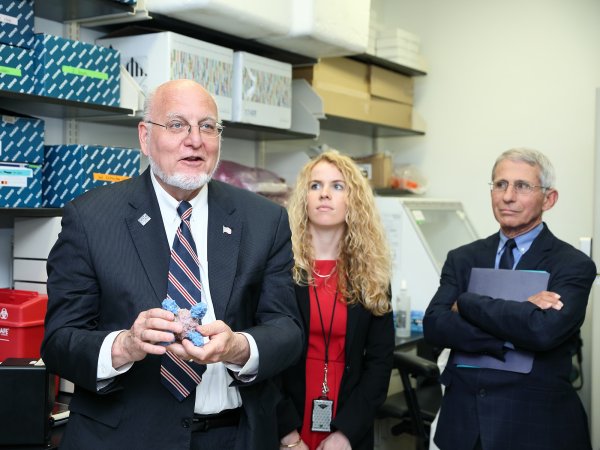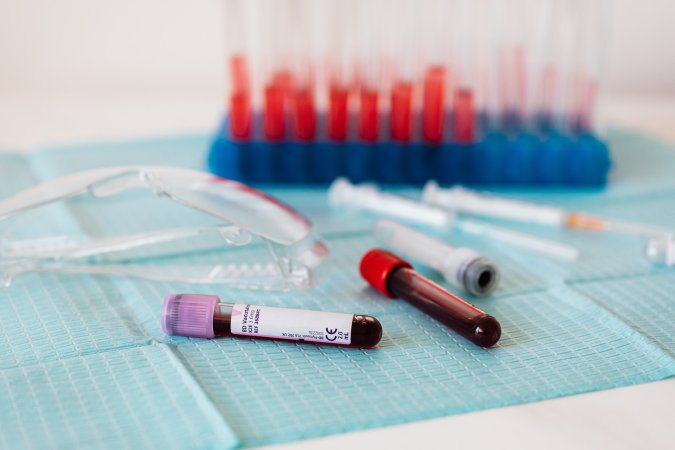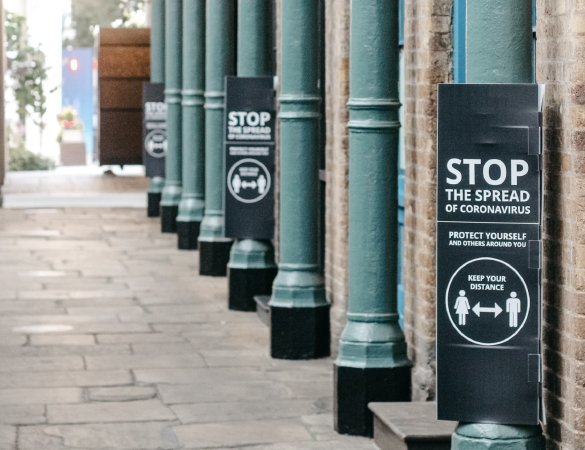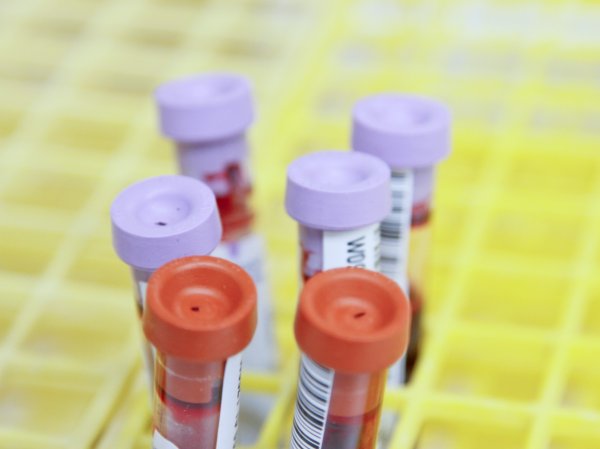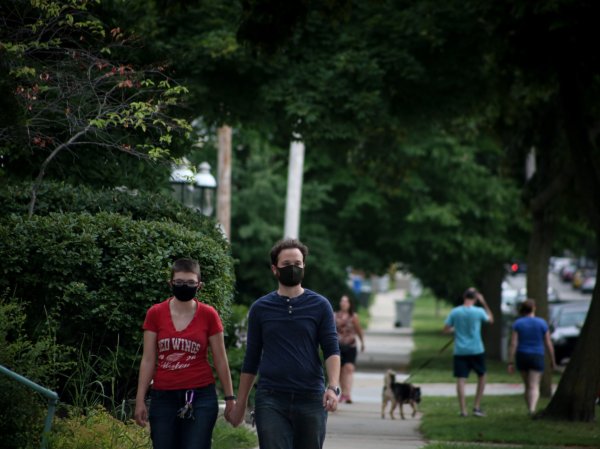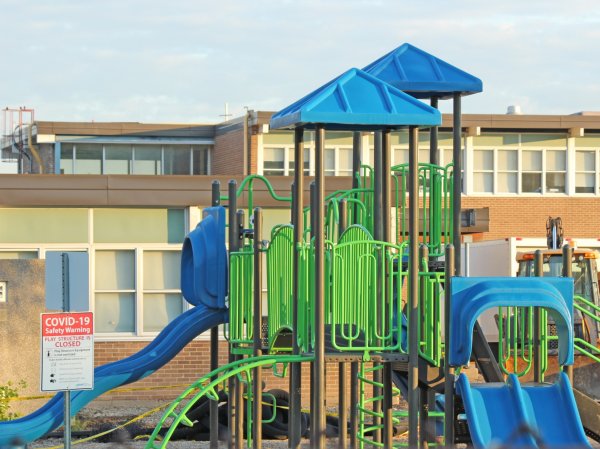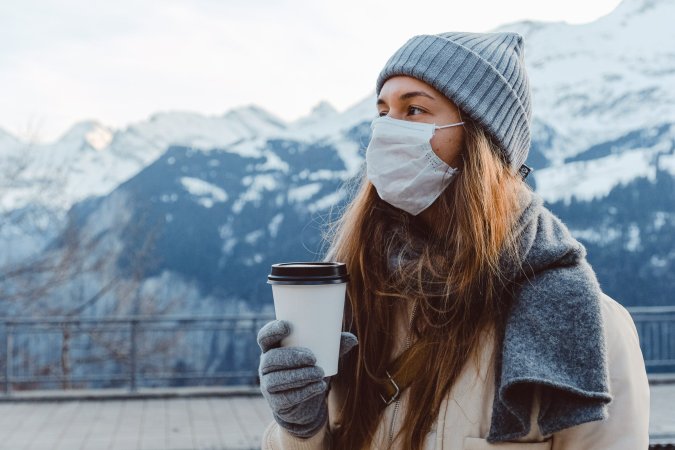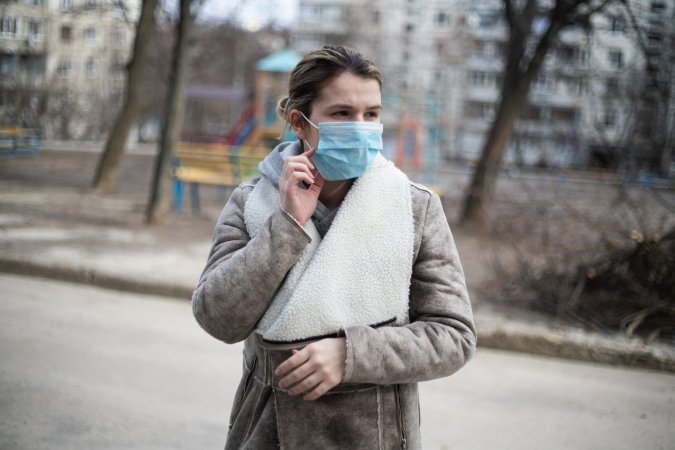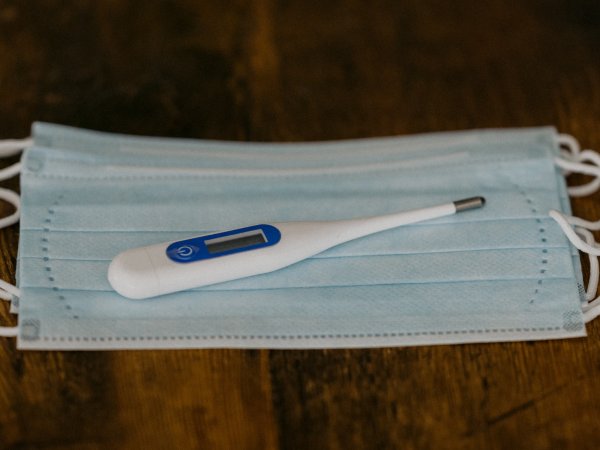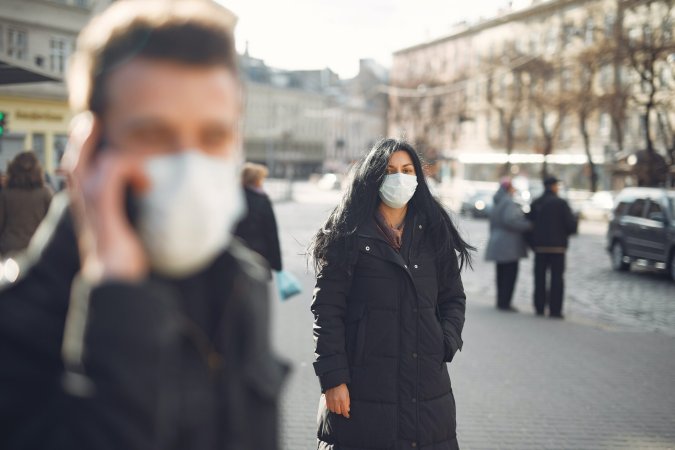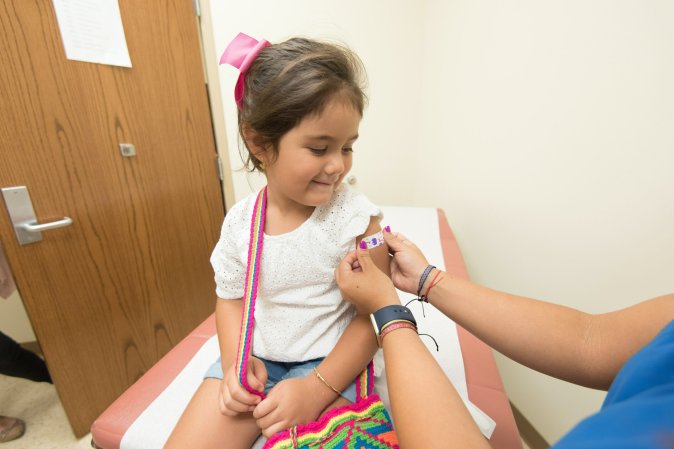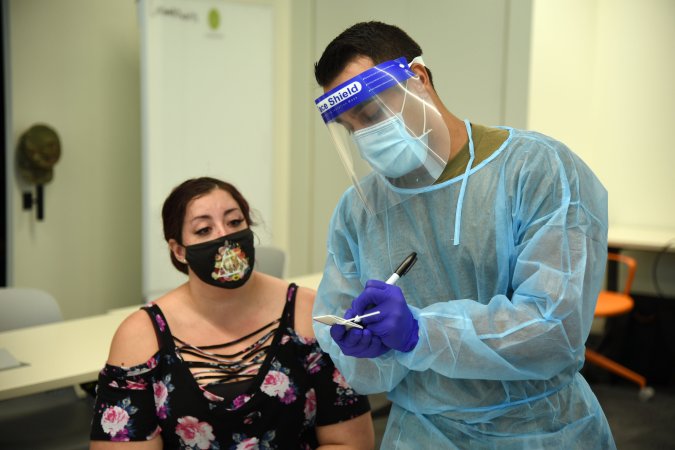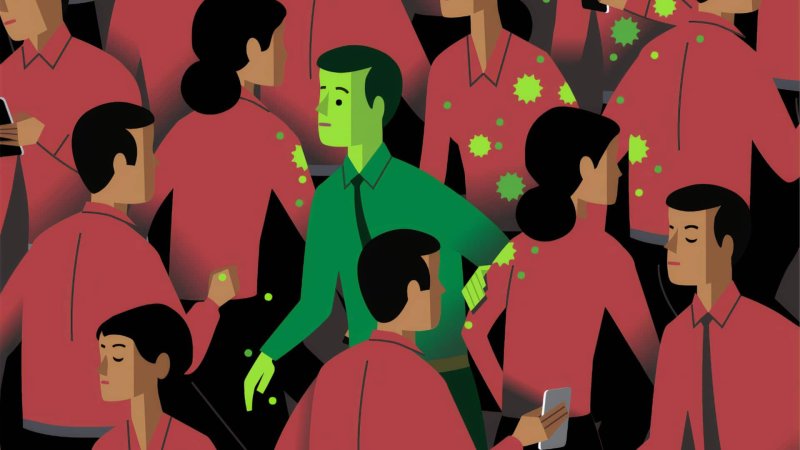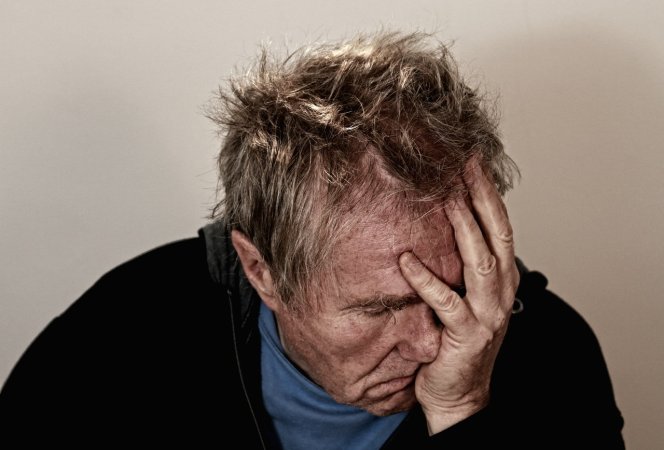

Follow all of PopSci’s COVID-19 coverage here, including tips on cleaning groceries, ideas for hosting a virtual party, and the argument against using valved masks.
Schools around the country continue to reopen, with some districts leaning on remote learning while others let kids pack maskless into halls. Seven months into the COVID-19 pandemic, scientists know far more about the novel virus than they did at the start. Even so, there’s still plenty of unknowns, including how readily kids spread COVID, and for how long people remain immune once infected. Uncovering these mysteries will play a crucial role in our ability to return schools, businesses, and our lives to something like normal. Here’s everything you need to know this week.
After getting COVID-19, the CDC says, don’t bother retesting for three months unless you have symptoms
It’s the million dollar question: After getting COVID-19, are you immune to future infections? Virologists and immunologists have been trying to answer this question since the start of the pandemic. Part of the reason this is such a challenging question to answer is that the virus is entirely new and researchers have no past experience or studies to build upon. Based on our knowledge of other coronaviruses and diseases like them, researchers have long surmised that we should have some level of immunity to the virus after our immune systems successfully fight it off.
Late on Friday, the Centers for Disease Control and Prevention (CDC) issued a statement met initially with confusion: The agency had updated its isolation guidance stating that in the three months following a COVID-19 case, infected individuals “can continue to test positive for up to 3 months after diagnosis and not be infectious to others.” Because of this, the CDC stated, a person doesn’t necessarily need to self-isolate or get tested after possible COVID-19 exposure during that window.
As PopSci reported last week, the CDC later made it clear that this doesn’t necessarily mean that a person is immune to the novel virus for a period of three months. It simply means that retesting someone during the 90 days that follows their initial positive test is unlikely to yield useful information. The CDC still recommends testing if someone who had previously recovered from COVID-19 begins showing symptoms again after new exposure to COVID.
However, a number of recent studies suggest that our immune systems are capable of remembering and recognizing the virus months after getting infected—a key component to immunity. This is all promising, but for now no one is certain of how long COVID immunity actually lasts, or how much protection it provides.
Scientists are still unsure how frequently kids and teens pass the coronavirus to others
Over the past several weeks, a few studies have investigated how likely children are to infect others with the novel coronavirus compared to adults. A study published last month out of South Korea, which looked at patients aged 10 to 19, suggested that this age group might spread COVID more readily than younger kids. However, as The New York Times pointed out this week, transmission among children might not be so black and white. Most studies done on the subject have been small, and conclusions have so far been varied.
Researchers think one issue with the studies could be that they are grouping too many ages together. A 10-year-old might have very different social patterns than a 17- or 18-year-old, vastly altering the rate at which they can spread a respiratory virus.
As schools continue to reopen, understanding how kids infect others and figuring out ways to mitigate those instances will be crucial. Even if younger kids spread the virus around at a lower rate, being in school still increases the number of people they come into contact with. Limiting their opportunities to spread the virus is key.
The pandemic is taking its toll on Americans’ mental health
A recent report from the CDC reveals what many Americans have known for months: COVID is hurting our mental health. During late June, 40 percent of surveyed U.S. adults reported struggling with mental health or substance abuse. In a report about the findings, released Friday, the CDC notes that young adults, Black and Latinx people of all ages, as well as essential workers and unpaid caregivers were particularly likely to report “disproportionately worse mental health outcomes, increased substance use, and elevated suicidal ideation.”
The researchers say these results make it clear that there’s an urgent need to expand mental health services to reach these groups, including an increased use of telehealth counseling.
Herd immunity might be closer than we thought—but it’s still far off
Since early in the pandemic, virologists and public health experts have stated that herd immunity was key to halting the pandemic. Herd immunity—in which enough people carry protective antibodies that a disease can no longer easily spread—happens either when enough people get infected and recover, or when a vaccine is widely deployed. Regardless of how it’s done, researchers have thought that about 70 percent of the population needed to be immune for herd immunity to happen. One new study offers a more hopeful outlook, with mathematicians estimating we could reach COVID herd immunity with just 43 percent of the population.
The recent research takes into account the fact that the virus affects subpopulations differently, and every community is not equally susceptible. For example, a community of older adults are far more vulnerable to COVID’s spread than a community filled mostly with younger folks and kids.
However, there’s still much about the novel virus that researchers don’t understand—how long immunity lasts, why it causes severe disease in some folks but not others, and how it spreads, to name just a few crucial factors.
And while a lower herd immunity hurdle might mean relief comes faster when a vaccine is developed and deployed, allowing the virus to spread unchecked until we reach that threshold is not an option. Last week, White House coronavirus advisor Anthony Fauci cautioned that such an approach would be “totally unacceptable.”
“The death toll would be enormous,” Fauci said.
